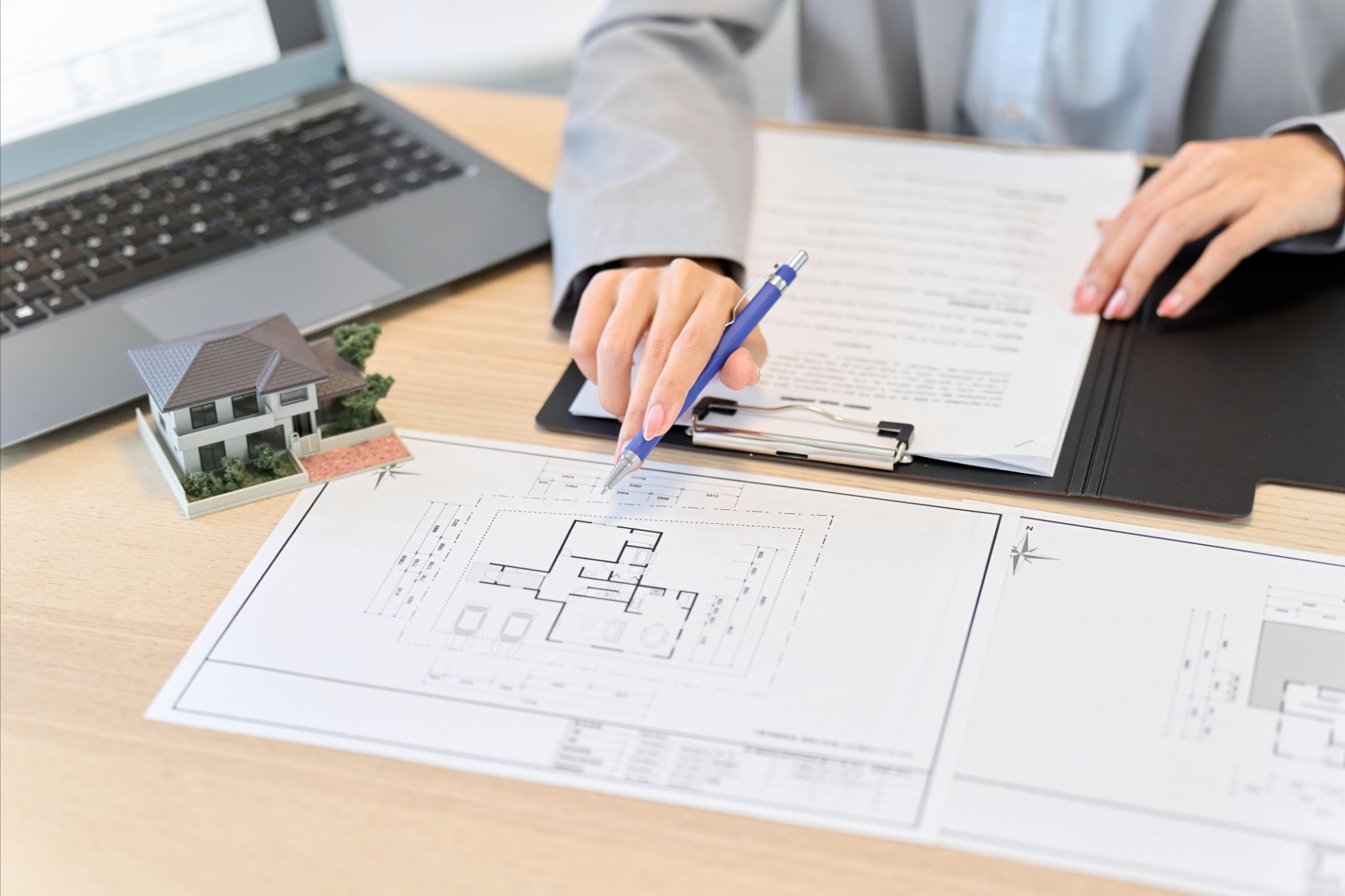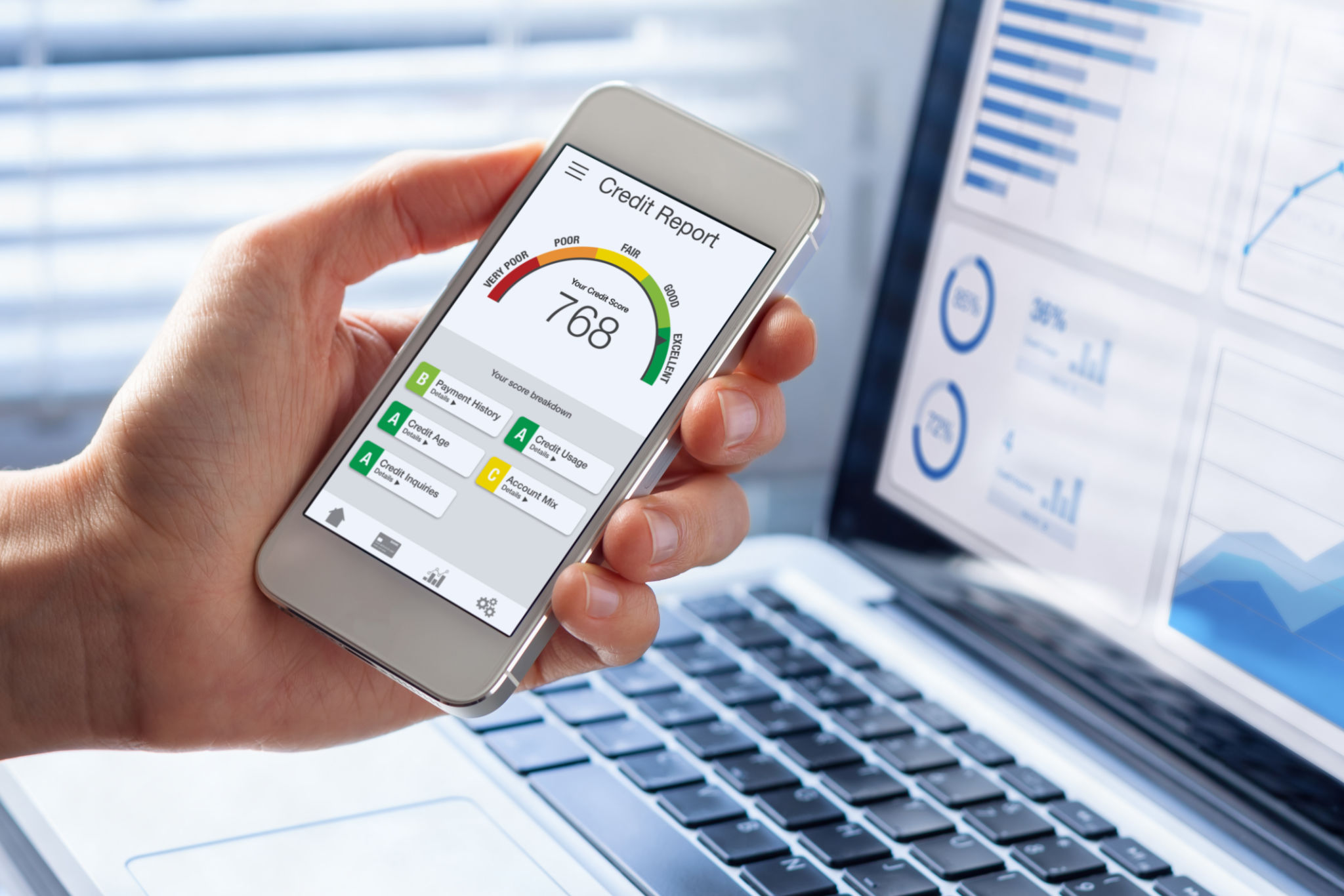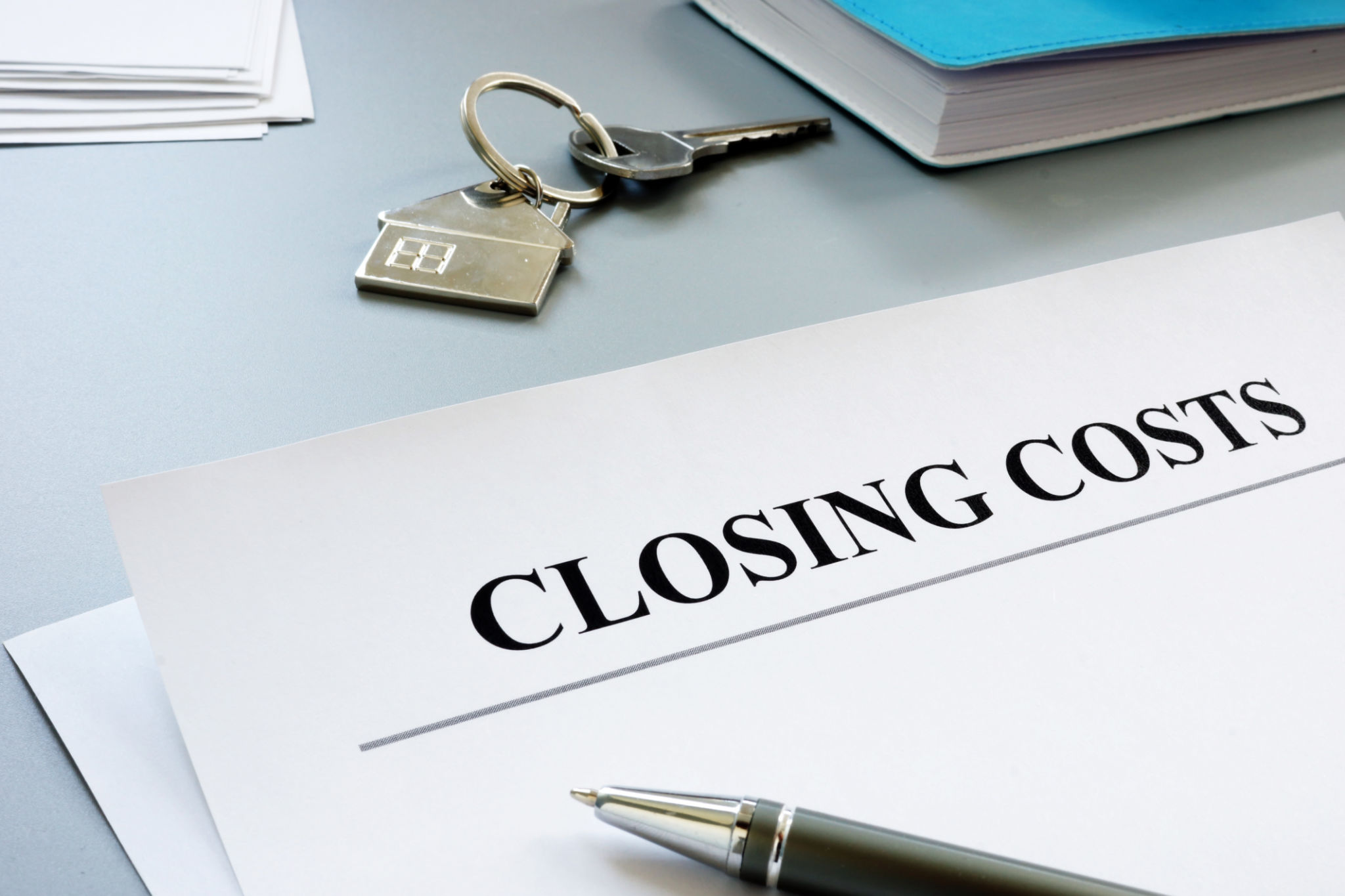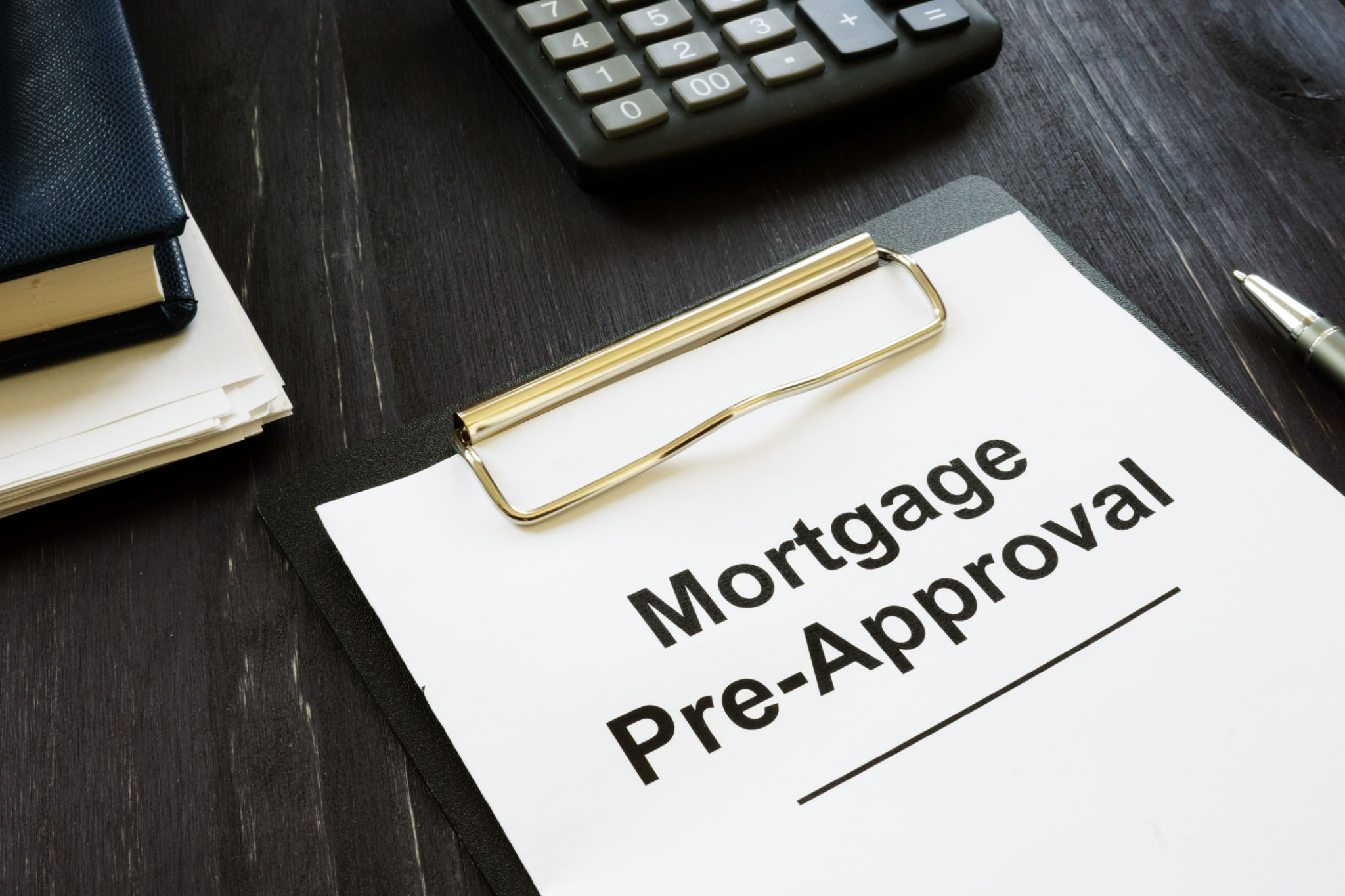Expert Advice: Preparing Your Finances for a Smooth Home Buying Experience in NC
Understanding Your Financial Picture
Embarking on the journey to homeownership is an exciting step, but it's crucial to start by understanding your financial picture. Assess your income, savings, and current expenses to determine how much house you can afford. This initial step will help you set realistic expectations and prevent future financial strain.
In North Carolina, where housing markets can vary significantly from city to city, it's essential to research average home prices in your desired area. Consider using online calculators to estimate your mortgage payments, factoring in property taxes and insurance. This will give you a clearer picture of what to expect.

Improving Your Credit Score
Your credit score plays a significant role in the home buying process. A higher score can lead to better mortgage rates, potentially saving you thousands of dollars over the life of your loan. Start by checking your credit report for any inaccuracies and dispute them promptly.
To improve your credit score, focus on paying down existing debts, making timely payments, and avoiding new credit inquiries. It's wise to keep your credit utilization below 30% of your total available credit. With a strong credit score, you'll have more bargaining power with lenders.

Saving for a Down Payment
One of the biggest hurdles in buying a home is saving for a down payment. In North Carolina, the recommended down payment is typically around 20% of the home's purchase price. However, various programs are available for those who need assistance.
Consider setting up a dedicated savings account and contributing to it regularly. Cut back on non-essential expenses and consider additional income streams to boost your savings. Some buyers might qualify for state-specific programs or federal assistance, so research all available options.
Budgeting for Closing Costs
Closing costs are often overlooked but are an essential part of the home buying process. These can include fees for appraisals, inspections, and legal services, often totaling between 2% and 5% of the loan amount.

To avoid surprises, ask your lender for a detailed breakdown of expected closing costs early in the process. This will help you budget accordingly and ensure there are no last-minute hurdles before you get the keys to your new home.
Getting Pre-Approved for a Mortgage
Before you start house hunting in earnest, obtain a mortgage pre-approval. A pre-approval not only helps define your budget but also shows sellers that you're a serious buyer. This can give you a competitive edge in fast-moving markets like those in Raleigh or Charlotte.
When seeking pre-approval, gather all necessary documentation, including pay stubs, tax returns, and bank statements. Being organized will streamline the process and get you one step closer to moving into your dream home.

Consulting with a Financial Advisor
If navigating the financial aspects of home buying feels overwhelming, consider consulting with a financial advisor. An expert can provide valuable insights into budgeting, saving, and optimizing your financial strategy tailored to North Carolina's housing market.
Your advisor can also help you identify potential tax benefits associated with homeownership, ensuring you make well-informed decisions that align with both short and long-term goals.
